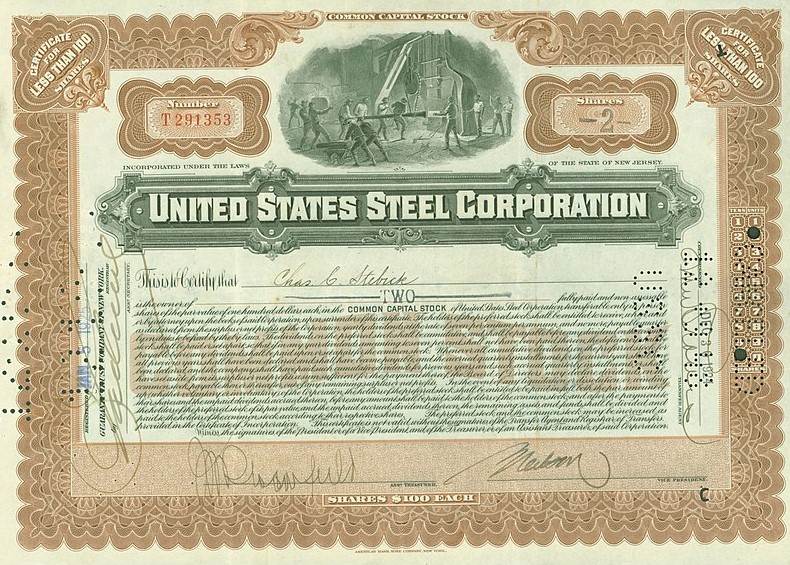Biden has blocked Nippon Steel’s acquisition of US Steel, citing national security concerns. This decision comes amidst pressure from the United Steelworkers union and the political sensitivities of the upcoming 2024 US presidential campaign. The Japanese government expressed disappointment, with industry minister Yoji Muto calling the decision “incomprehensible.” Nippon Steel and US Steel have criticized the move as politically motivated and plan to take legal action.
- National Security Concerns: President Biden blocked Nippon Steel’s acquisition of US Steel, citing the importance of maintaining domestic control over critical industries.
- Union Support: The United Steelworkers union backed the decision, stressing the role of a strong domestic steel sector in national security.
- Political and Legal Implications: Critics labeled the decision politically motivated, tied to Biden’s 2024 campaign, with Nippon Steel and US Steel planning legal action.
- Global Ramifications: The decision may strain US-Japan relations, as Japan’s government expressed disappointment, while future deals may hinge on changes in U.S. administration.
US Steel, a once-dominant player in the American industrial sector, had been seeking a buyer due to financial struggles. The company warned of potential factory closures without new investment. Despite concessions from both companies, including job retention promises and a proposed workforce training center, Biden remained unconvinced.
The United Steelworkers union supported the decision, emphasizing the importance of a strong domestic steel industry for national security. White House spokesperson John Kirby stated that the decision focused on keeping US Steel American-owned, not on harming relations with Japan.
The Committee on Foreign Investment in the United States (CFIUS) reviewed the deal but couldn’t reach a consensus, leaving Biden to decide. The president ordered the companies to abandon the deal within 30 days, citing the importance of domestic steel production for national security.
Political analysts suggest that the decision aligns with Biden’s foreign policy aimed at strengthening the middle class. However, the move could strain US-Japan relations. There is speculation that the companies might revisit the deal under a different administration.

